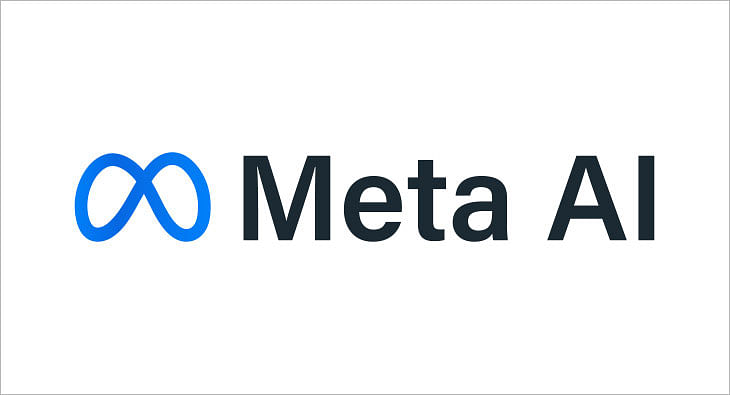Google, YouTube to comply with new IT rules
Google cited its respect for India's legislative process and 'long history' of responding to government requests in its statement
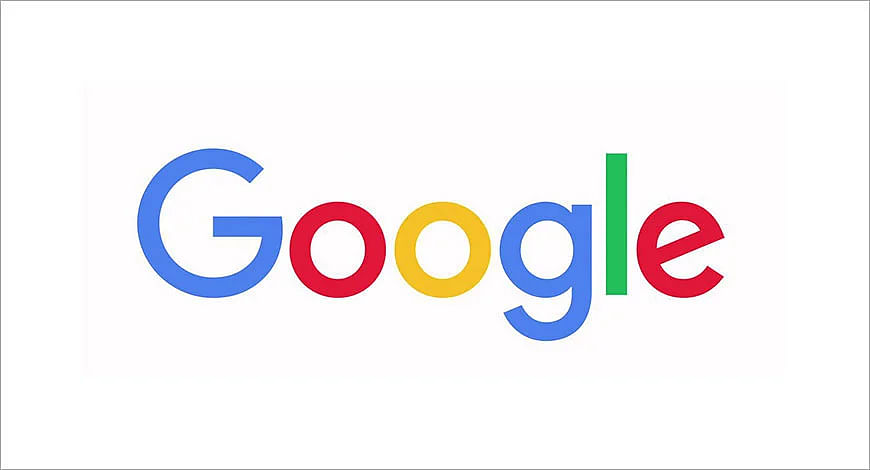
Google released a statement earlier on Wednesday, stating its compliance along with YouTube's to India's Intermediary Guidelines and Digital Media Ethics Code.
"We respect India's legislative process and have a long history of responding to government requests to remove content where the content violates the local law or our product policies. We have consistently invested in significant product changes, resources, and personnel to ensure that we're combating illegal content in an effective and fair way, and in order to comply with local laws in the jurisdictions that we operate in," said the tech giant in a statement.
Google also added that it will continue to build on its existing approaches and keep the policies as transparent as possible.
With the deadline to comply to the new IT rules ending on May 25, several top digital platforms like Twitter are yet to fall in line. This could invite action from the central government.
The guidelines were introduced on February 25 with a view to ensure a level-playing field by bringing new-age platforms under the regulatory framework.
Read more news about Digital Media, Internet Advertising, Marketing News, Television Media, Radio Media
For more updates, be socially connected with us onInstagram, LinkedIn, Twitter, Facebook, Youtube, Whatsapp & Google News
Lok Sabha Elections 2024: As political war intensifies, Google emerges as the real winner
Tech giant earned Rs 135 crore since January this year through political advertising alone, even before polls
As political war intensifies in India, with every political party vying for the votes of digitally connected citizens, Google emerges a clear winner by raking in a staggering Rs 135 crore between January 1 and Apr 16, 2024, as per Google's own Ad Transparency data.
Polls will be kicking off on April 19 and will be held in seven phases till June 1.
The ruling Bharatiya Janata Party (BJP) leads the pack with a hefty investment of Rs 45.1 crore in Google ads. Close on its heels is the Central Bureau of Communication (previously known as DAVP- Directorate of Advertising and Visual Publicity) under the Government of India, with Rs 32.3 crore allocated to Google ads.
Most of their ads featured Prime Minister Narendra Modi and were run in different languages. A large part of the BJP and DAVP’s ad expenses were incurred between January and 15 March, just before the Election Commission announced elections. All expenses after the announcement are counted under poll expenses.
The main opposition party Indian National Congress (INC) ranks fourth with a Rs 10.4 crore expenditure. Most of their ads featured Rahul Gandhi, Member of Parliament and Kamal Nath, former CM of Madhya Pradesh. Several INC ads were removed by Google for alleged policy violations.
Political consulting groups like the Chennai-based Populus Empowerment Network (PEN) and Mumbai-based I-PAC are also significant contributors to Google's coffers.
PEN, which works closely with Tamil Nadu Chief Minister MK Stalin and is believed to be owned by Stalin’s son-in-law V. Sabareesan, has spent Rs 14.4 Cr in 2024.
I-PAC, which is believed to be the country’s first and largest cross-party political advocacy group, set up by Prashant Kishore, spent Rs 7.5 Cr.
Other entities such as the Electronics Department of Odisha Government, YSR Congress, and Biju Janata Dal (BJD) are also among big advertisers on Google ads, albeit with comparatively smaller budgets.
.png)
This trend underscores the pivotal role tech platforms play in election campaigns. "With a vast reach and precise targeting capabilities, platforms like Google offer political parties and organizations an unparalleled opportunity to connect with voters on a massive scale", political party leaders told e4m.
“The substantial investment in Google ads reflects the growing importance of online outreach strategies in shaping public opinion and securing electoral victories. In this digital age, where information travels at the speed of light, mastering the art of online campaigning may well prove to be the decisive factor,” a senior ad executive pointed out.
Over 1.17 lakh Google ads have been floated so far. Most of these ads were targeted at Tamil Nadu, Andhra Pradesh, Uttar Pradesh, Maharashtra, Odisha and West Bengal.
Over 97 crore voters will use their franchise this time. The results will be declared on June 4.
Meta AI enters the chat: Are WhatsApp advertisers responding?
Experts decode what Meta AI chatbot means for the digital advertising ecosystem in India
You may have successfully muted umpteen groups on your WhatsApp already, but late last week select users across the country started receiving messages from a new source: Meta’s AI itself. The social media giant may have been seemingly lagging in the AI race, as Open AI’s ChatGPT, Google’s Gemini and more than a few other Large Language Models vie to become the best bot you can engage with, but given its panoply of apps including, but not limited to, WhatsApp, Instagram, Facebook, Messenger, Meta’s AI already has significant skin in the game.
And given the game is based on which platform rakes in the most advertising dollars based on deliverables it can provide users that include access, ease of navigation, fulfilment of intent, and perhaps most importantly, repeated returns, exchange4media asked digital advertising honchos what Meta AI’s pilot means for India and the ecosystem.
Meta Messaging
Preetham Venkky, Chief Digital Officer, DDB Mudra, says that the age of the broad AI chatbot is over, and every tech company, is looking to create customised functional experiences for its users. "Today, it's all about high quality automated CRM, a code every company is trying to crack."
Cracking a coherent and bug free chat experience will ensure users' stay on their messaging platform instead of wandering to a competitor’s, or even worse back to the open internet.
Ashutosh Nagare, VP – Head of Performance Marketing, Interactive Avenues, believes Meta AI will enhance advertising capabilities by providing speed, agility, and improved consumer engagement. “Previously, ad copy turnaround time took days but with Meta AI, it's now reduced to seconds. Additionally, advertisers can swiftly test images with various backgrounds or colours. As consumers increasingly prefer conversational messaging, advertisers can leverage this to connect, resolve queries, and further engage with and nurture their audience.”
Yash Chandiramani, Founder and Strategist, Admatazz, says that while it's still early to understand what all is possible, he foresees a lot of fun campaigns and engagement-driven content that will be pushed out by brands. “Apart from this, I feel Meta AI will benefit brands by improving ORM and customer service on social media as well. However, the biggest opportunity I see is the sheer amount and depth of data that Meta will be able to gain insights from. It will make targeting all the more easier for advertisers,” he says.
And it’s not for nothing that India and a few select African nations were the first countries in which the organization is piloting this new feature. WhatsApp’s largest market of course is India, home to close to 500 million regular users of the messaging service. But more on that later.
Sanmesh Sapkal, Director - Key Accounts, TheSmallBigIdea, observes that while Meta may have missed out on the early opportunity to integrate AI, their platform has extensive reach across the Indian population through WhatsApp, Facebook, and Instagram. “This broad exposure suggests that adapting to and accessing Meta's AI would be seamless. Moreover, Meta's approach to releasing AI as a feature, akin to tabs like calling and community in WhatsApp, promises ease of adaptation for users.”
And as you may have noticed, it’s not just family and old school reunion groups that are spamming you anymore, as more and more businesses take theirs online. Which naturally brings us to the question of where all the data derived from these interactions and transactions is going and how it’s being used.
Data Drive
Manan Malik, Director - Strategy and Growth at Social Panga, points out that since Meta AI is not going to have end-to-end encryption for further developments and learning, it is going to have access to a lot of consumer data and preferences, which can benefit the advertising industry in a greater way.
With AI on WhatsApp, Meta will be hoping to gain access to the kind of data that is outside the currently encrypted messages. “P2P WhatsApp Messaging is completely encrypted, and that's where the intent based gold mine is. In order to better train LLaMA (Meta’s in-house LLM platform), Meta is going to need access to lots of user-machine interactions and conversations to make it remarkably better. Now, ChatGPT, which is the king of human-machine interactions at the moment, is seeing roughly 100 million active users of the free version and about 10 million on the paid version globally. WhatsApp has more than two billion users. So imagine what they can do,” says Venkky.
“Advertisers will now be able to use this hyper-personalization to build a connection with the users. But the flip sides of course can be the privacy concerns and the 'creepy factor' that some segments of users might feel, owing to over-personalization and the intrusive nature of new-age ads. The AI rollout will further extend the user experience with recommendations and innovative ad formats, especially in the domain of online shopping,” says Malik.
And it’s also worth noting that these test countries, including our own, are still developing their data and consumer privacy laws, meaning there’s more data intake to rake and presumably cheaper fines to pay, as opposed to the billions of dollars in fines slapped on companies like Meta (not to mention Google, Apple, and other big tech boys) in US, European, and other developed markets.
As we’ve observed here as well, WhatsApp Ads is being implemented by Indian and foreign brands, of every size, colour scheme and ad budget making inroads into the platform for customer acquisition, service, and retention.
“WhatsApp is a brilliant medium to close leads, sales and customer queries for Indian businesses. We've seen a major uptick in the quality of leads and sales when we've used WhatsApp for our partner brands,” enthuses Chandiramani.
And as you may have noticed, it’s not just family and old school reunion groups that are spamming you anymore, as more and more businesses take theirs online.
Immediate Changes
“One of the immediate roll-outs that users are going to notice with the integration of AI on WhatsApp is increased and enhanced use of automation from brands, like appointment scheduling, order confirmations, and product information delivery, etc. This can streamline operations for businesses and improve user experience,” says Malik.
Another important and a connected point would be enhanced customer service with the help of AI Chatbots, resulting in faster response time. At the same time, users will be able to have conversations 24x7 and their interactions will have a personalized experience both in tonality and outcome. This will also have the potential to lift the language barrier, and helps users better and faster.
“Now with Meta AI, we are hoping for conversations to get even easier and with minimal human intervention. While initially, language may be a barrier as it's primarily English and Indians chat in all kinds of languages. Once (hopefully), AI gets better at local languages it will be a complete game changer,” says Chandiramani.
“Consumers often find endless IVR options and unsolicited calls from advertisers frustrating. However, Meta AI can instantly address consumer queries, providing a better experience and fostering positive brand affinity. While Meta AI is in its early stages and not yet fully rolled out, it will continue to improve, offering a winning solution for consumers, advertisers, and Meta,” agrees Nagare.
Sakpal cautions that the critical question, however, revolves around the extent to which Meta AI will leverage native user data to provide solutions while safeguarding user privacy and finding this equilibrium will be crucial for Meta's AI to offer effective and personalized solutions.
Finally, it all comes down to mapping a users' intent, “Google, currently, continues to be the king of intent, it’s where you go when you have specific questions. Meta’s platforms like Instagram and Facebook are all about inspiration and discovery, while user to user interactions are encrypted on WhatsApp. But now, with this Meta AI coming in, which you can interact with and ask questions, they’ll be looking to crack the code to understanding consumer intent,” says Venkky.


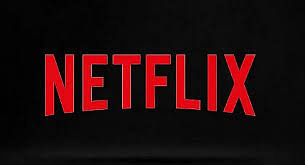
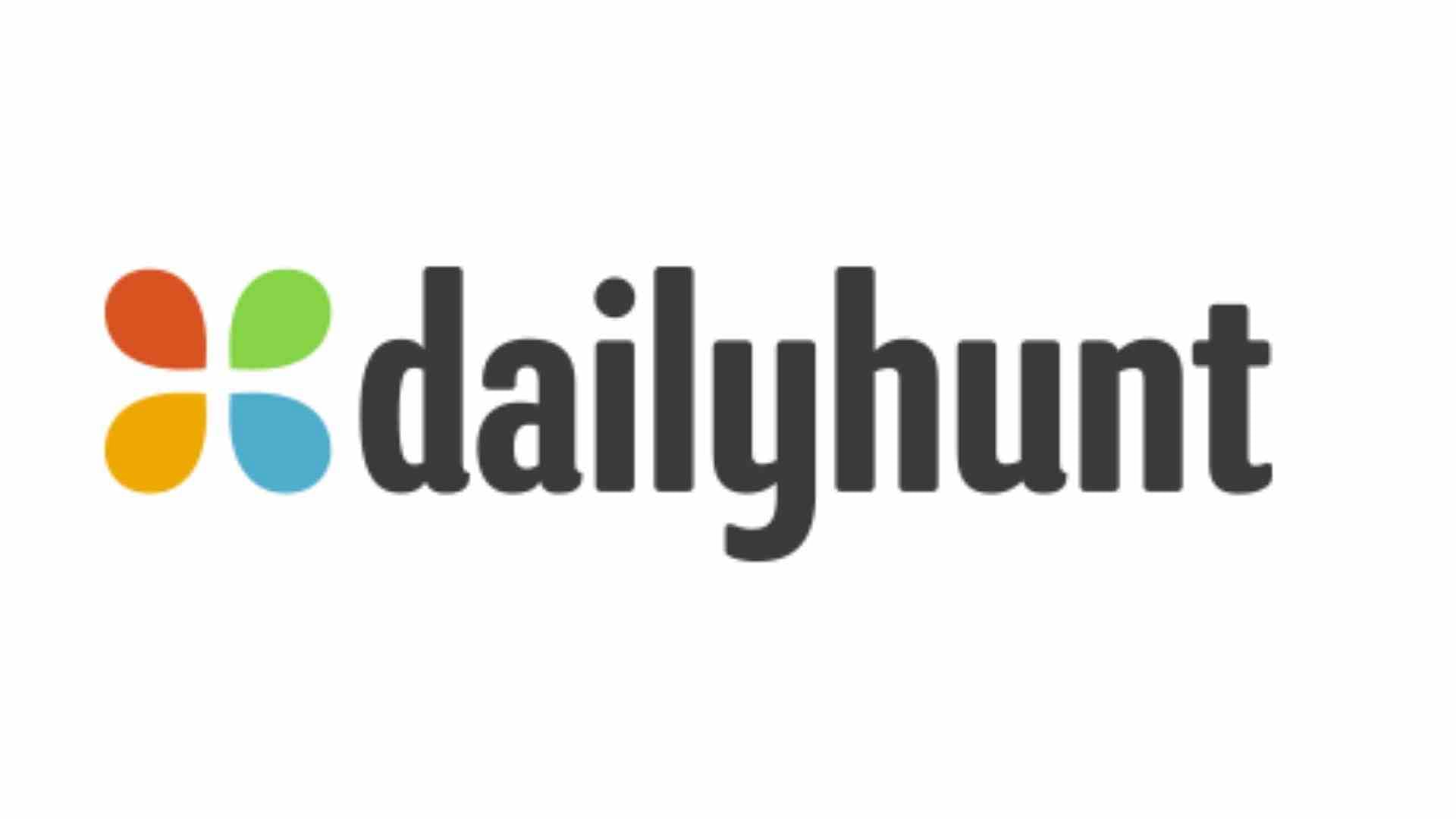

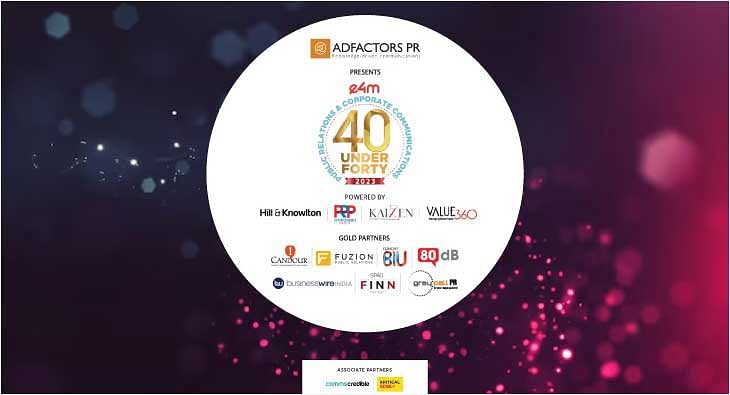





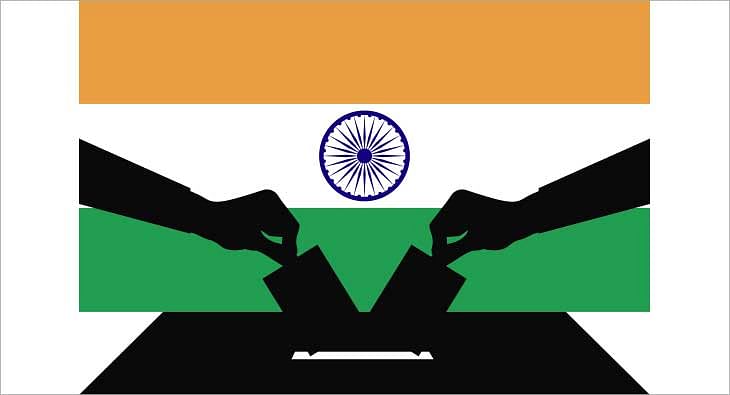
 Share
Share
